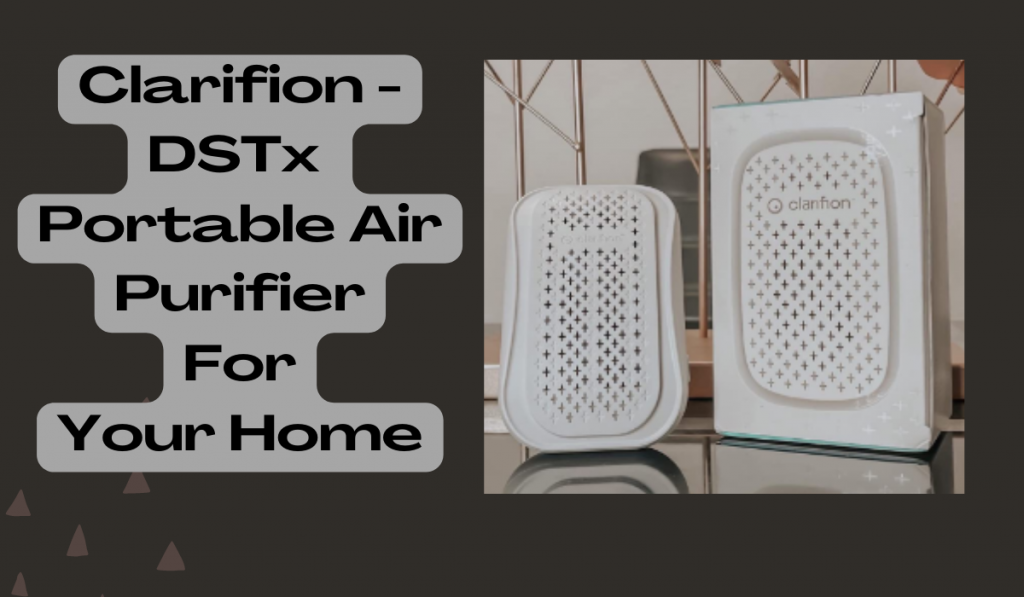Water damage in your home can be more than just a nuisance; it can lead to costly repairs, health hazards, and structural compromise if left unaddressed. Understanding how critical it is to take immediate action to mitigate water damage is essential to protecting your family’s safety as well as the integrity of your property. Knowing the effects of water damage—from broken pipes to roof leaks—enables you to take preventative action to mitigate its effects.
This comprehensive guide will delve into why it’s essential to immediately address water damage in your home, exploring the risks involved and the steps you can take to safeguard your property and well-being. visit more Rylee Home Services.
Structural Integrity Compromise:
The structural integrity of your house is seriously threatened by water damage, which jeopardizes its stability and security. Water intrusion into your home’s walls, roof, or foundation can cause structural deterioration, warping, and decay. Particularly wooden constructions are vulnerable to water damage because moisture encourages the development of fungi and the decay of wood. Long-term exposure to water can degrade structural components like beams, joists, and supports, increasing the chance of collapse and putting inhabitants in danger. To limit the need for significant repairs and rebuilding and to stop future degradation of your home’s structural integrity, it is imperative that you swiftly address water damage.
A telltale sign of foundation damage includes cracks in the walls and uneven flooring, which can indicate a serious structural integrity compromise. Identifying these signs early can help in taking the necessary steps to address potential issues before they escalate.
Mold Growth and Health Hazards:
The spread of mold growth, which can seriously endanger your family’s health, is one of the most alarming effects of water damage. Because it grows most effectively in moist conditions, mold spreads quickly in places where water has seeped in. Mold spore exposure can result in allergic responses, respiratory troubles, and other health complications, especially in those with weakened immune systems or pre-existing illnesses.
Furthermore, certain mold species—like black mold, for example—produce chemicals called mycotoxins, which, if swallowed or breathed, may have detrimental effects on health. To avoid mold development and reduce the associated health hazards, it is imperative that water damage be promptly addressed and efficient moisture management methods used. This will ensure that your loved ones can live in a safe and healthy atmosphere inside.
Electrical Hazards and Fire Risk:
Significant electrical risks can also be posed by water damage, raising the possibility of electrical fires and electrocution. Electrical problems, power surges, and short circuits can occur when water comes into contact with outlets, appliances, or electrical wiring. Water conducts electricity and may ignite combustible items. Thus, this not only throws off the electrical system but also puts people at risk of fire. Furthermore, over time, moisture accumulation in walls and ceilings may erode electrical components, compromising their reliability and integrity.
To mitigate the risk of electrical hazards and potential fires, it’s crucial to address water damage promptly and enlist the expertise of a qualified water restoration company to assess and repair any electrical issues safely.
Property Damage and Loss:
Water damage affects everything from furniture and possessions to structural components and finishes, causing serious property damage and financial loss. Water can soak into textiles, upholstery, and carpets, resulting in degradation, stains, and odors. When exposed to moisture, wooden furniture and fixtures may expand, distort, or decay, making them unsalvageable. Furthermore, due to the high risk of leaks and floods, expensive items kept in crawl spaces, attics, or basements are especially susceptible to water damage. To reduce property damage and salvageable objects, as well as reduce the financial load and emotional grief associated with loss and destruction, water damage must be addressed quickly.
Decreased Property Value and Resale Potential:
Unchecked water damage has the potential to negatively affect your home’s value and resale prospects, turning away potential purchasers and reducing its market attractiveness. Prominent indicators of water damage, such as discolored ceilings, flaking paint, and musty smells, cause prospective purchasers to become suspicious and indicate hidden problems and possible upkeep expenses.
Water damage can continue to impact buyers’ views and bargaining power even after it has been repaired, which might result in fewer offers and a longer time on the market. In the cutthroat real estate market, investing in expert water restoration services to handle water damage and return your house to its pre-damage state is crucial for maintaining its value and optimizing its resale potential.
Conclusion
In conclusion, the importance of immediately addressing water damage in your home cannot be overstated. The effects of water damage can be extensive and expensive, ranging from compromising structural integrity and presenting health risks to causing property damage and lowering resale value. By recognizing the risks involved and taking proactive measures to address water damage promptly, you can protect your property, safeguard your family’s well-being, and preserve the value of your investment for years to come.
James Martin is a passionate writer and the founder of OnTimeMagazines & EastLifePro. He loves to write principally about technology trends. He loves to share his opinion on what’s happening in tech around the world.


